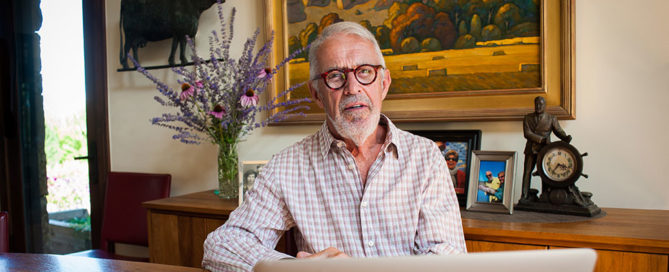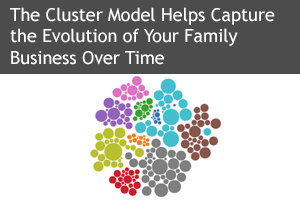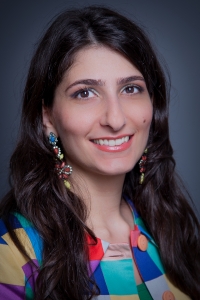Let’s Skip Family Drama And Just Get Back To Work
I am so happy to see the world starting to right itself after all these long months of societal upset and loss and sadness. As the pace of life picks up, I say that for the businesses I consult—let’s skip any family drama and just get back to work. I recently discussed some key tools to prevent in-house conflicts with Andrea Obston.














